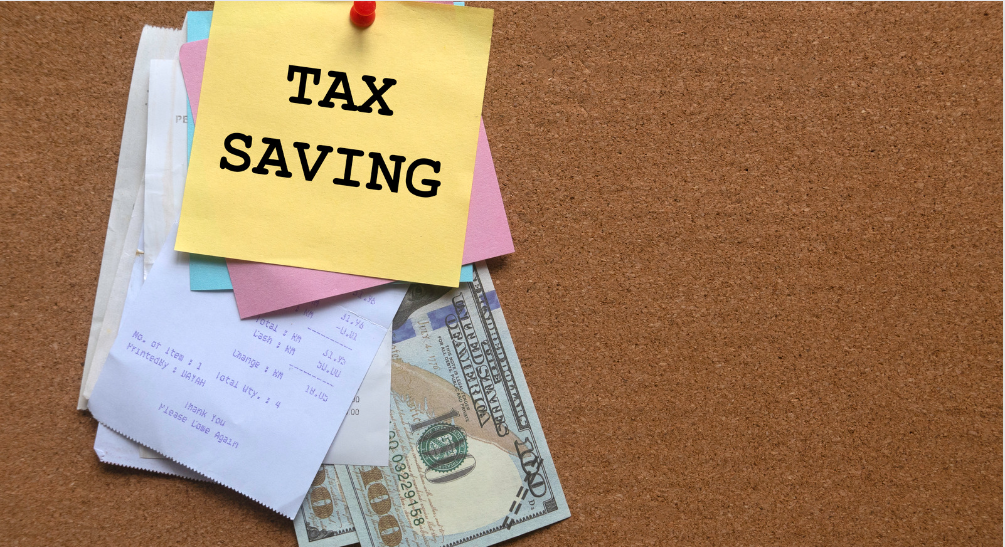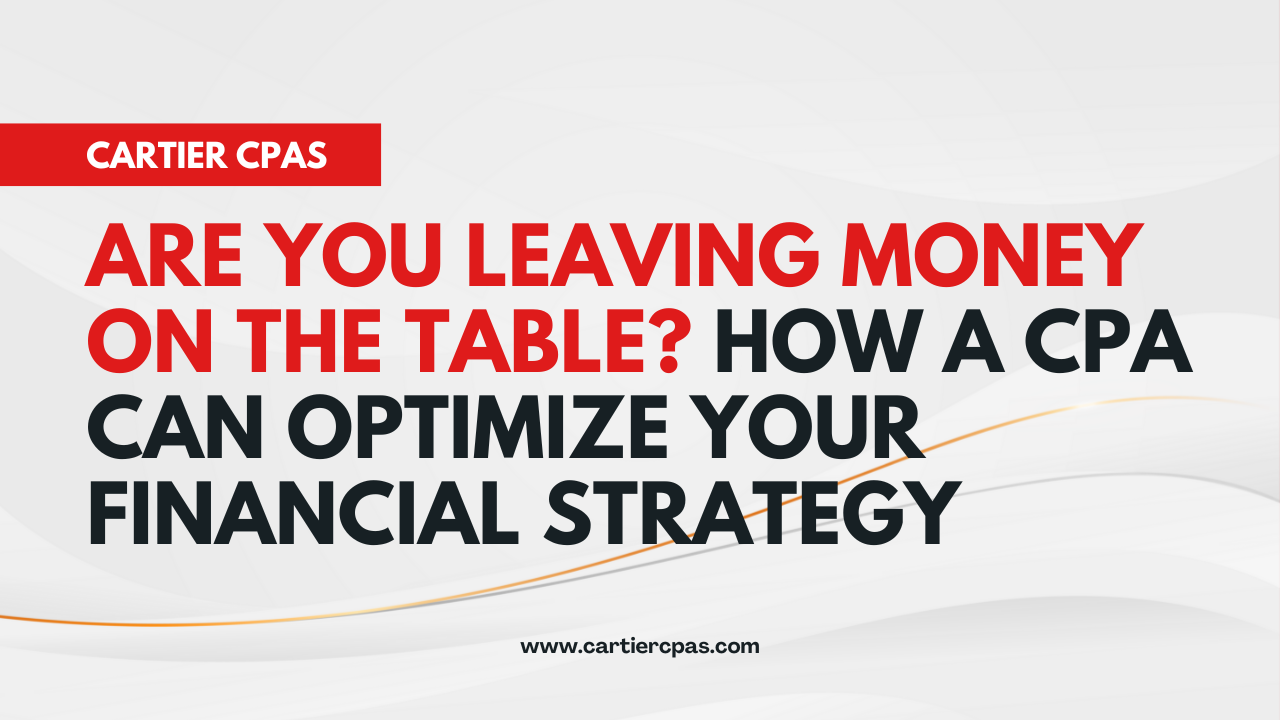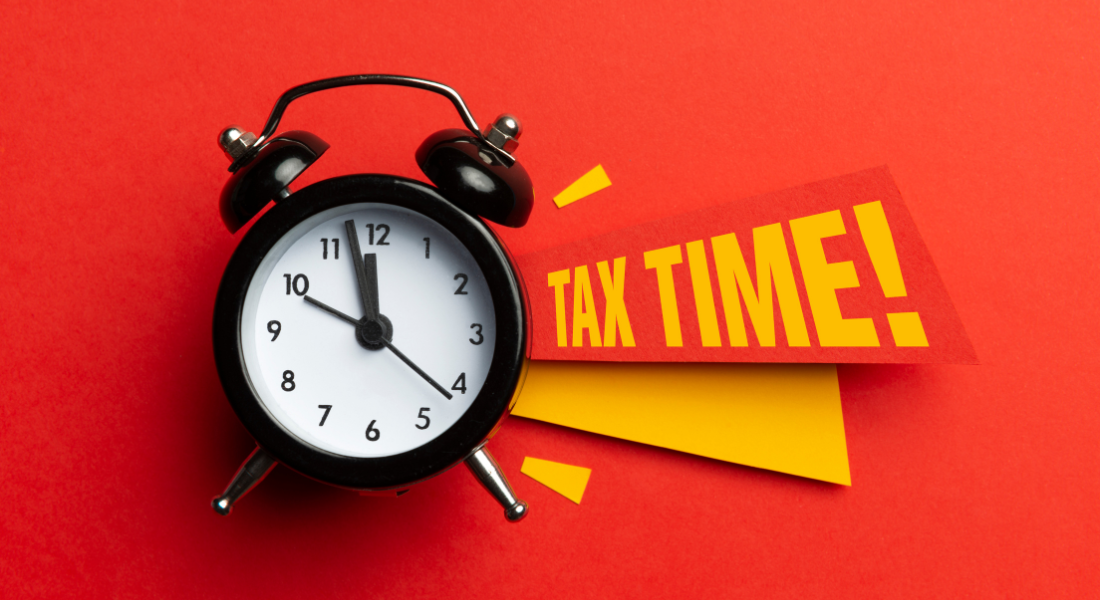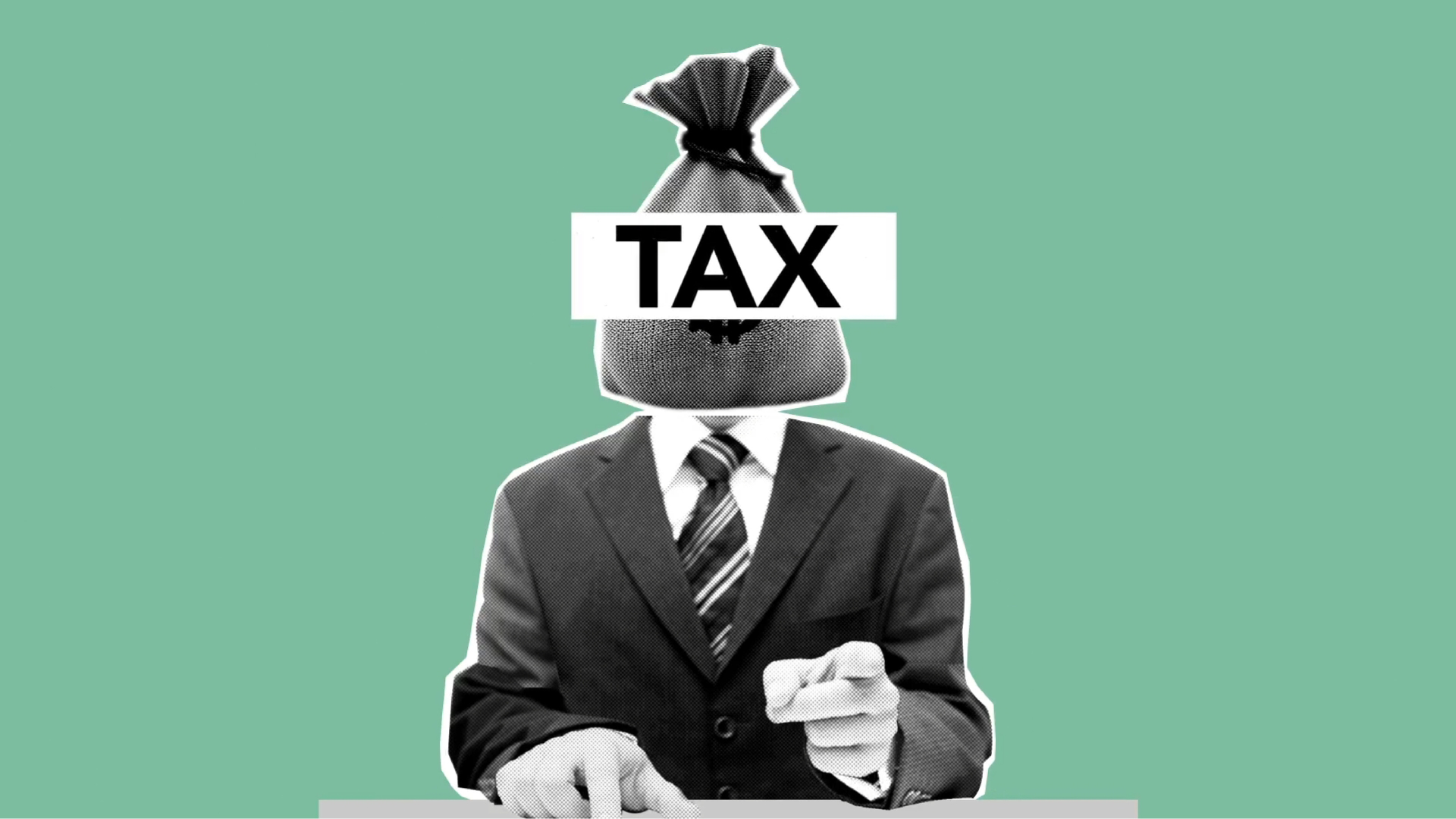Which Receipts should I Keep for Tax Time?
Which receipts to keep for tax time?
IRS calls "documentary evidence" for all the expenses you intend to use for Tax credit or deduction. It means you need to keep all those expense receipts.
Include for All of the following receipts:
- Receipts for charitable contributions
- Health bills including insurance, copayments, medical expenses without reimbursement, examinations, testing, and hospital stay can include an eye doctor, dentist, physiotherapist, dermatologist, podiatrist, psychiatrist, therapist, and several other medical practitioners.
- Any medical appointments or treatments traveling and transportation receipts
- Bills of Weight-loss program
- Bills of the Smoking cessation program
- Receipts of Prescription
- Receipts of Sales tax
- Mileage logs
- Receipts of Gas
- Student loan bills
- Tuition bills
- Rent receipts
- Childcare bills
- Office expense receipts (supplies, marketing, materials)
- Self-employment insurance receipts
- And All Utility bills.
Don't bother to keep receipts for expenses with less than $75 amount instead of lodging receipts. You have to keep lodging receipts.
What should be on a receipt?
The amount, date, place, and nature of the expense must be on a receipt. You can use canceled checks or credit card bills against receipts as long as they provide the same type of business expense evidence.
After filing, you should keep receipts for at least three years. IRS can audit during this time. In case you have underreported your income or fraudulent returns, IRS can come after you for up to six years, so keep your receipts for at least six years, in some severe cases forever. You should keep Employment Tax records for at least four years.
Besides, you should have tax documents like 1099s and W-2s with receipts. Bank statements and invoices should be with you as a payroll record or evidence of income if you don't have online banking.
The Easiest way to keep receipts is by scanning them and holding in digital form. It would be much easier for you to organize them too.
It would help if you made sure that the digital form is clear enough to read all information, and the hard copy backup is always there.
Most of the receipts and business-related documents should be saved and stored in an easily accessible format and make sense. When in doubt about what to keep, you can always ask a CPA for advice.
The Takeaway
Collecting unorganized receipts is so frustrating during tax time because many don't know which receipts should they keep and throw. According to IRS, you should keep all receipts of expenses for Tax credit or deduction.
Digitizing by scanning all receipts for easy organizing and finding them on your computer when it's tax time is one of our recommendations. Also keep all receipts for a minimum of three years after filing Tax returns.
Contact us today, at Cartier CPA's our goal is to provide clients with the highest level of respect and quality of service.










